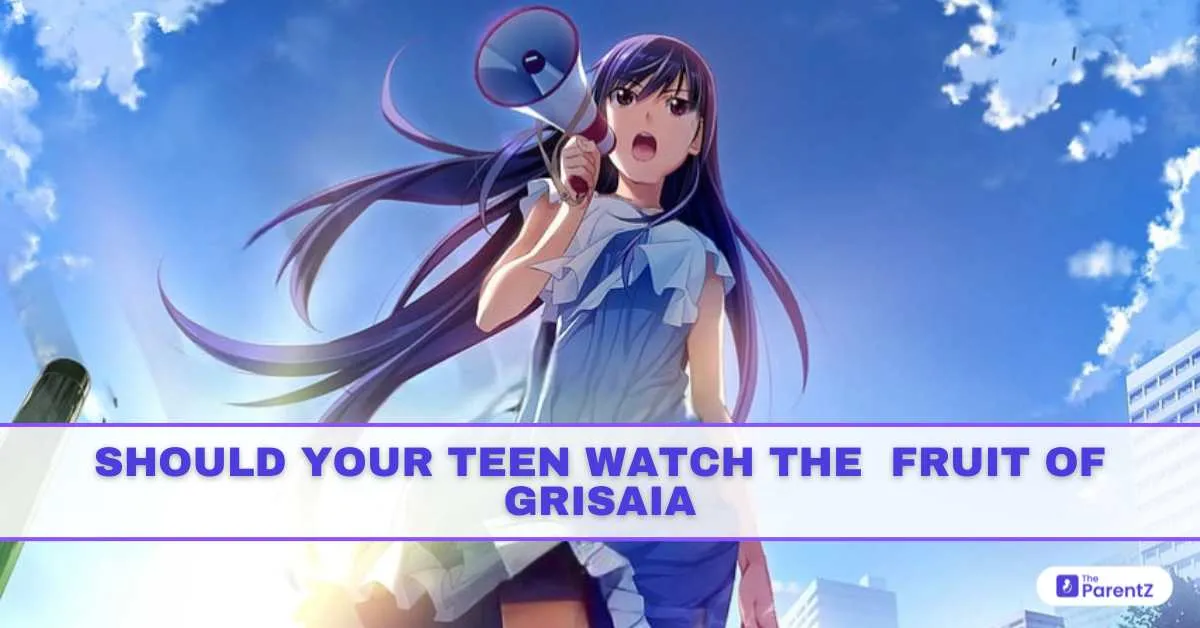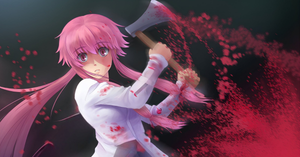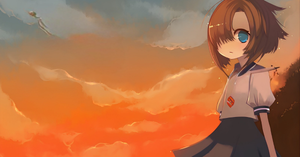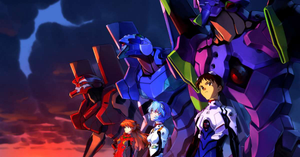A Parental Guide to Trauma Hidden in a School Uniform
Introduction
At first glance, The Fruit of Grisaia looks like another emotional, maybe even romantic, school anime. The soft animation, quiet campus, and troubled but beautiful female characters all suggest a story about healing and connection.
But once the surface is scratched, it becomes clear this isn’t your average high school narrative. Behind every smile is emotional damage, and behind every student is a history of trauma that veers into some of the darkest content anime has to offer.
If your teen is exploring this series, it’s crucial to understand what really lies beneath the polished surface.
Overview
The story follows Yuuji Kazami, a calm and seemingly collected transfer student who joins Mihama Academy—a secluded school with only a handful of students, all of whom are girls. Each girl carries the weight of a deeply disturbing past, and as Yuuji gets closer to them, those stories come to light.
The tone is deceptive. What starts as lighthearted banter and slice-of-life interactions slowly shifts into extended flashbacks full of child abuse, sexual trauma, suicide, and psychological breakdowns. The contrast between the series’ opening tone and its darker elements can be jarring—and emotionally devastating.
Themes
Childhood Trauma and Abuse
Each of the main characters has experienced trauma at an early age—ranging from neglect and abandonment to more horrifying scenarios like kidnapping, grooming, and suicidal ideation. These backstories are not glossed over. They are explored in-depth and portrayed with intense emotional realism.
Sexual Abuse and Psychological Damage
The series includes scenes (particularly in the visual novel and adapted spin-offs) involving explicit references to sexual violence, including rape, coercion, and long-term emotional manipulation. While the anime tones this down visually, the implications and dialogues are disturbing and graphic in nature.
Coping and Recovery
Despite the darkness, the show attempts to explore what it means to heal—or at least survive—after trauma. The characters are portrayed with emotional nuance, and the writing does try to treat their pain seriously. However, the balance between exploration and exploitation is often unclear.
Age Preference
Recommended for: 18+ (Strictly Adults Only)
Even if the anime is technically less explicit than the original visual novels, the themes are still far too heavy and disturbing for teens. The emotional maturity required to process what’s being shown is significant. This is not a story for casual or curious viewers under 18.
Who Should Not Watch
- Viewers under 18
- Teens or adults who are trauma survivors, especially of abuse or neglect
- Anyone sensitive to themes of self-harm, grooming, or sexual violence
- Parents expecting a romantic or healing school drama
The emotional weight of this anime is often invisible from the outside. But once those stories begin unfolding, the intensity can be shocking.
Lessons From It
To its credit, The Fruit of Grisaia does offer something beyond shock. It explores how pain shapes identity. It asks whether people can live with trauma—or if it inevitably defines them. It touches on resilience, vulnerability, and the complex process of emotional recovery.
Yuuji, the protagonist, also carries his own burden. His role as both protector and survivor adds a layer of depth, especially as the series reveals his own traumatic background.
But while these themes are valid and powerful, they are wrapped in a package that often feels exploitative. The fanservice, tonal shifts, and stylized framing can undercut the seriousness of the characters’ suffering. This makes the emotional lessons feel inconsistent at times.
Conclusion
The Fruit of Grisaia is not what it seems. Beneath its soft visuals lies a story that plunges deep into trauma, abuse, and emotional survival. It’s not that the show is bad—on the contrary, it’s well-written, thought-provoking, and at times moving. But it demands a level of emotional resilience and maturity that most teens haven’t yet developed.
If your teen is drawn to it, ask them what they’re hoping to get from the series. Be open, but also clear about the content they’re about to encounter. This isn’t a light or even educational watch. It’s a heavy experience, and one best reserved for adulthood—when there’s enough emotional distance to process it safely.









Be the first one to comment on this story.